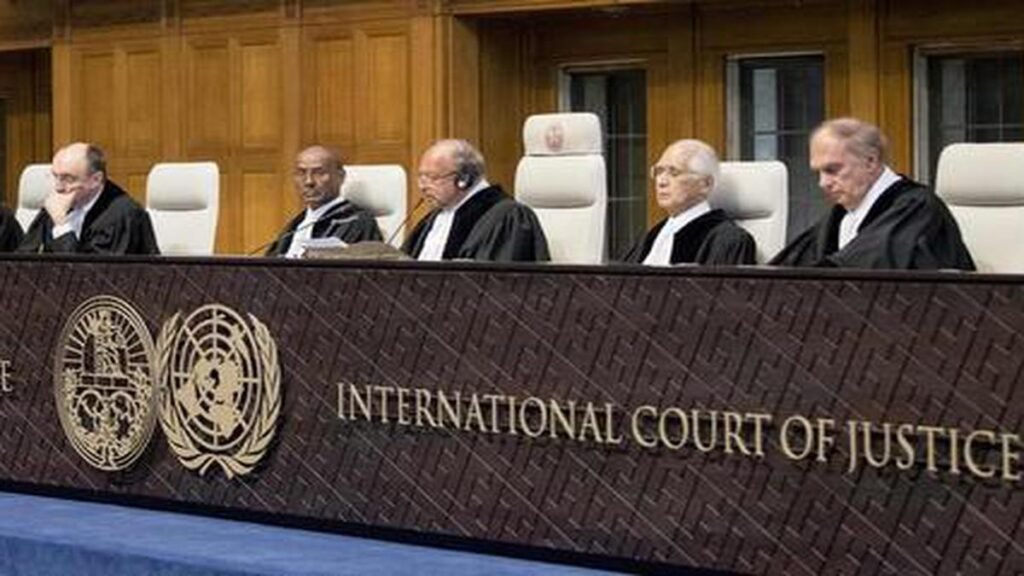
As part of a general assembly meeting in New York on 29th of March, governments passed a resolution acknowledging the enormous challenge of climate change and requesting an advisory opinion from the International Court of Justice (ICJ) on how it intersects with international law. Following a worldwide initiative led by Vanuatu, the United Nations has directed the International Court of Justice to counsel states on their legal responsibilities regarding climate change. Vanuatu’s prime minister, Ishmael Kalsakau, who led the effort with a group of young people, called the choice “a win for climate justice of epic proportions.”
Nilufer Oral, director of the National University of Singapore’s Centre for International Law and a member of the UN International Law Commission, said the opinion would provide information and direction on the legal responsibilities of states when it comes to climate change, as well as the legal consequences of failing to act.
It will examine, among other things, states’ human rights responsibilities and intergenerational responsibilities. According to Caio Borges, law and climate coordinator at Brazil’s Institute for Climate and Society, the resolution represents a watershed moment in the fight for climate justice. The court’s decision will undoubtedly shape the course of future international climate negotiations and climate litigation on both the domestic and international levels Borges added. The court’s decision will undoubtedly shape the course of future global climate talks and climate litigation on both the domestic and international levels Borges had added.
The resulting opinion will almost certainly be used as key evidence in the increasing number of climate-related cases filed against domestic governments. For example, the European Court of Human Rights heard its first two climate claims against Switzerland and France earlier today. Those behind the initiative, however, made a concerted attempt to avoid blaming states. Oral stated that the goal should not be to sue states, adding that earlier ICJ advisory opinions have not resulted in a flood of legal actions.




0 Comments